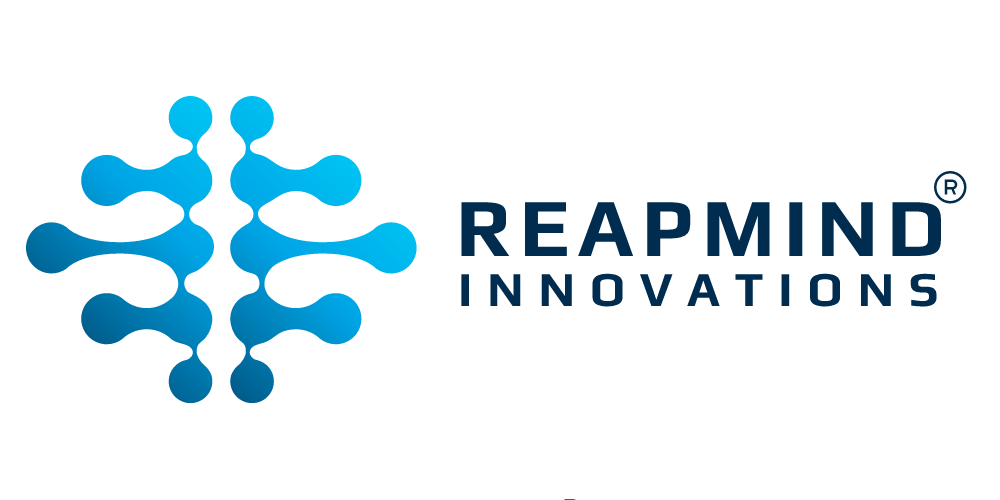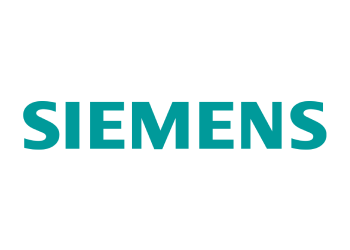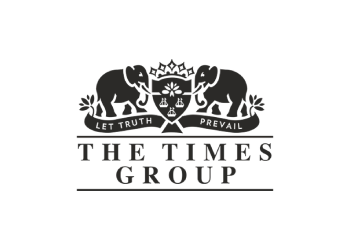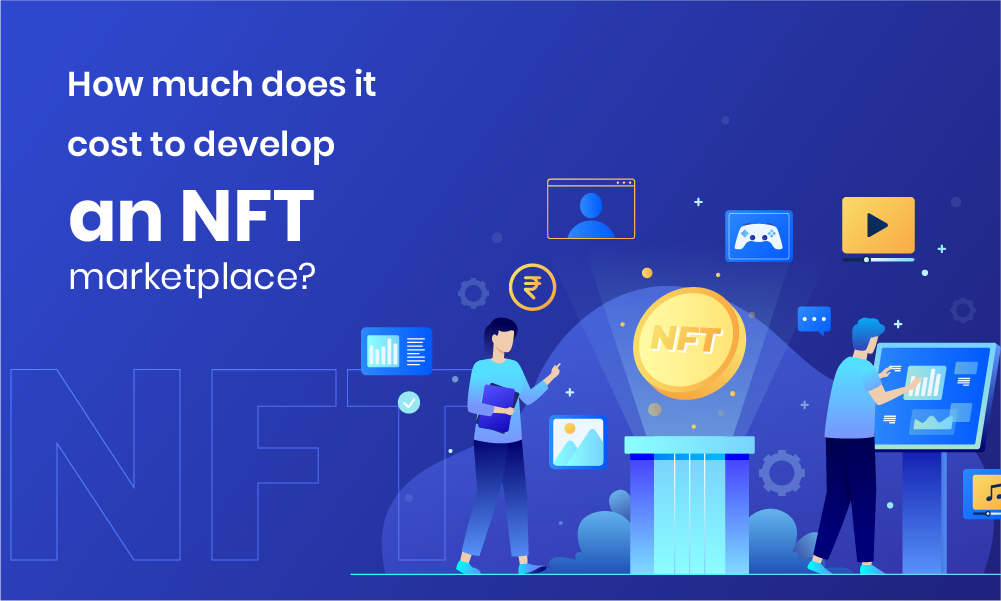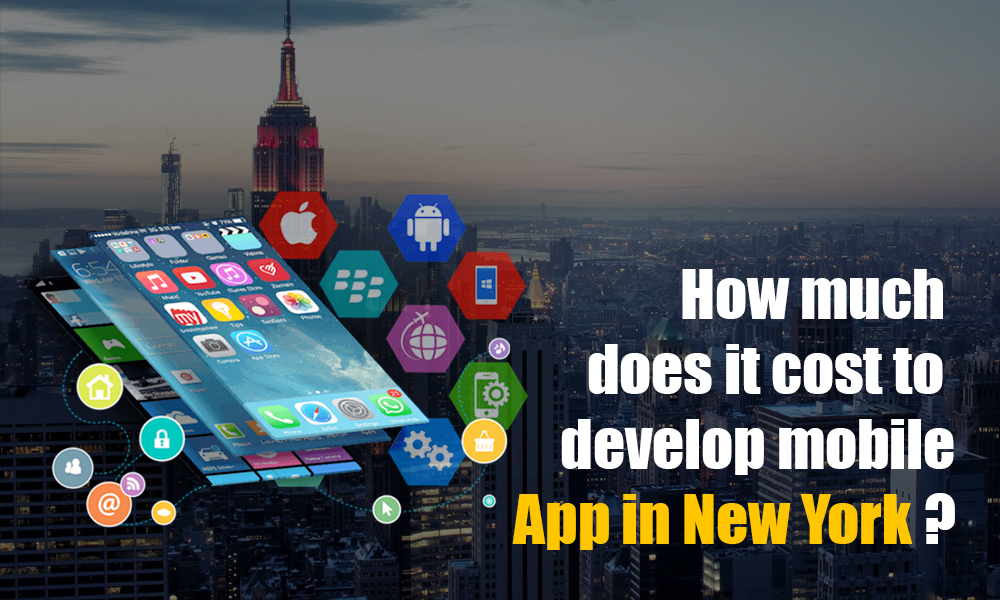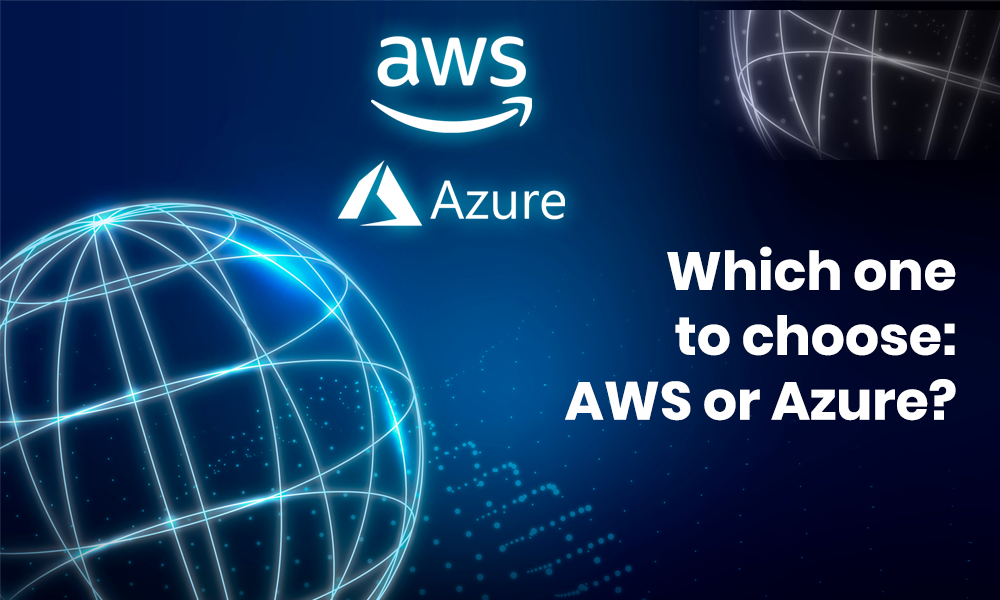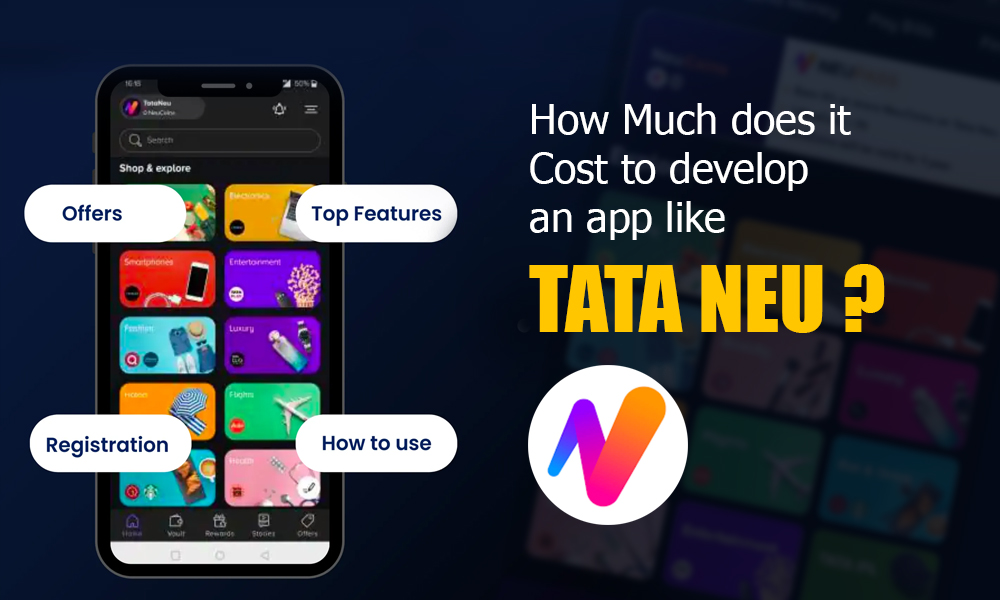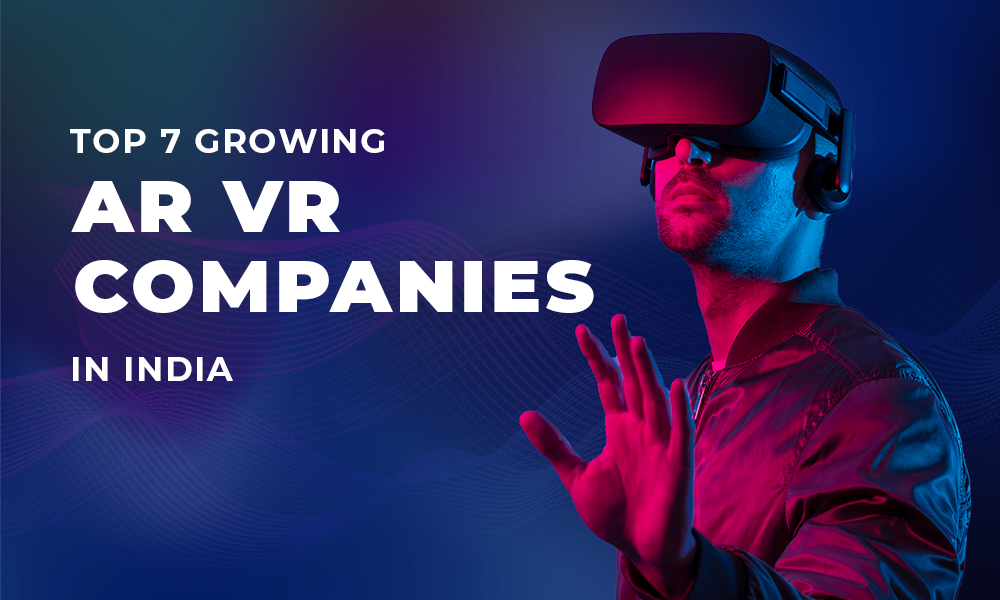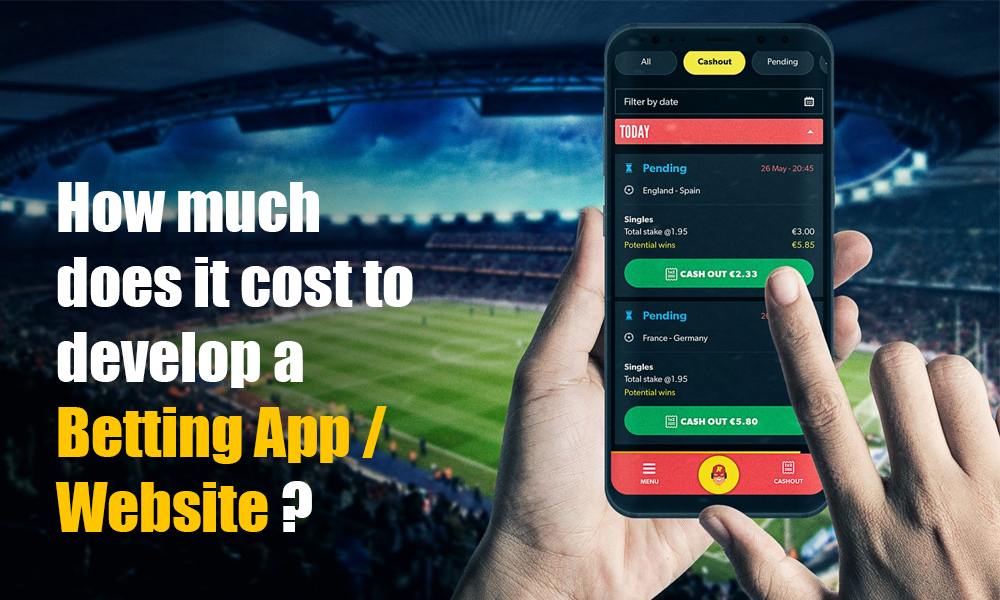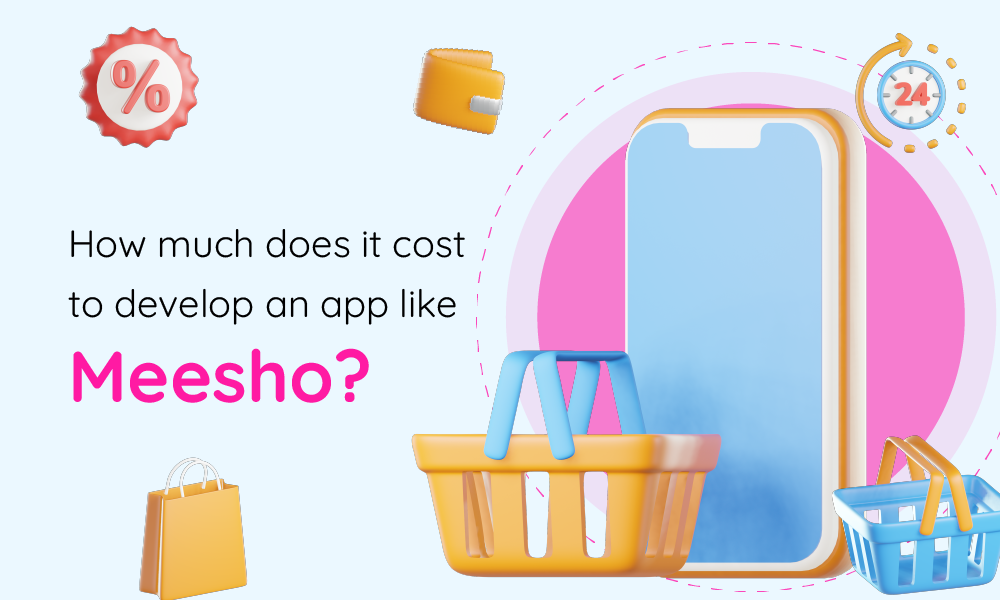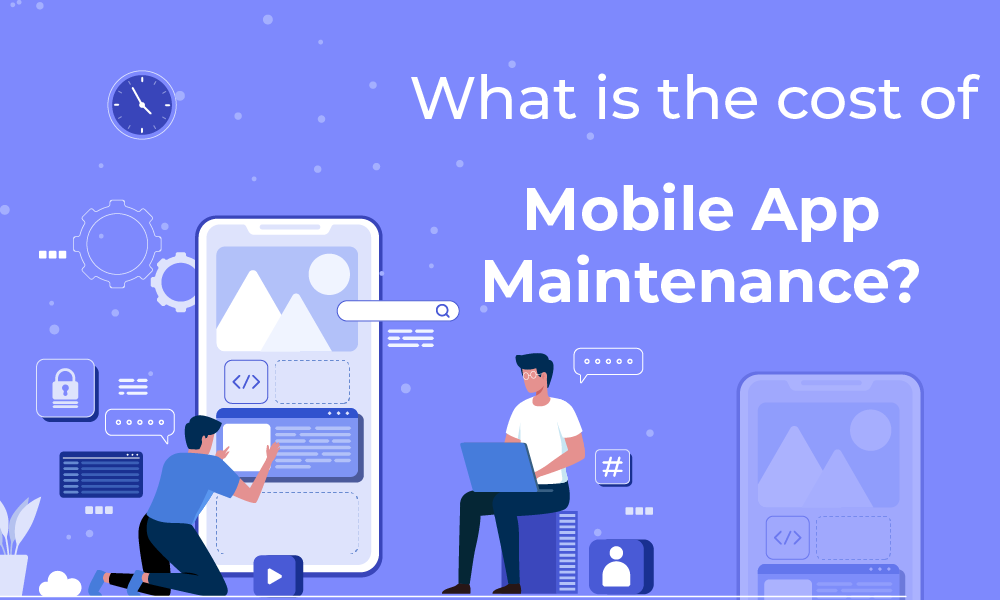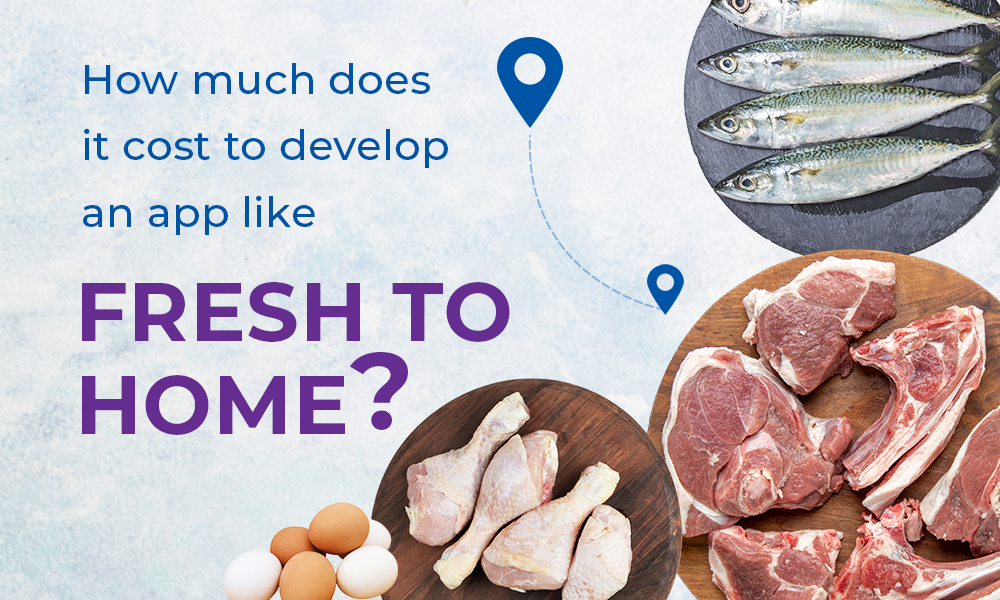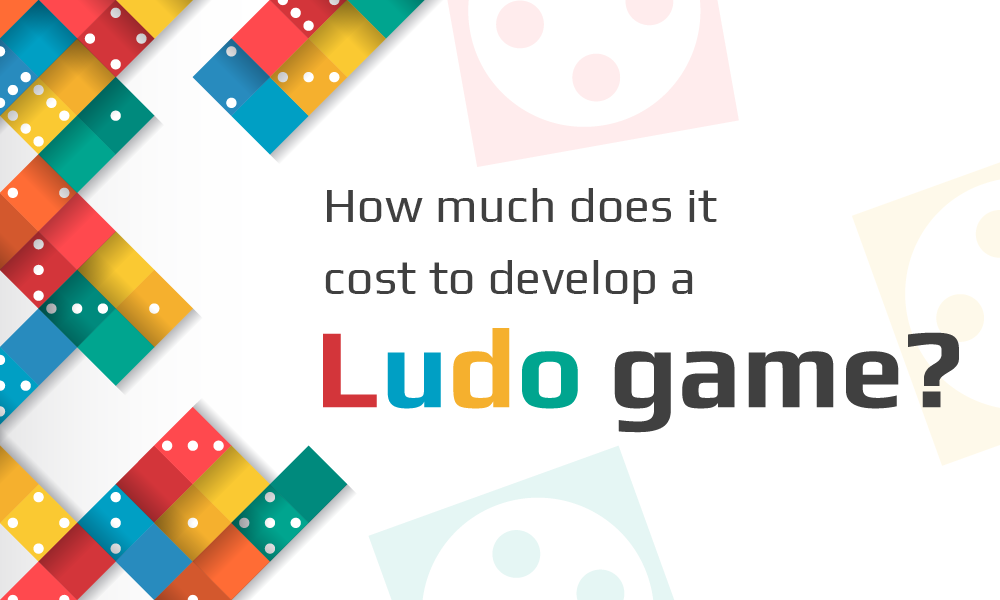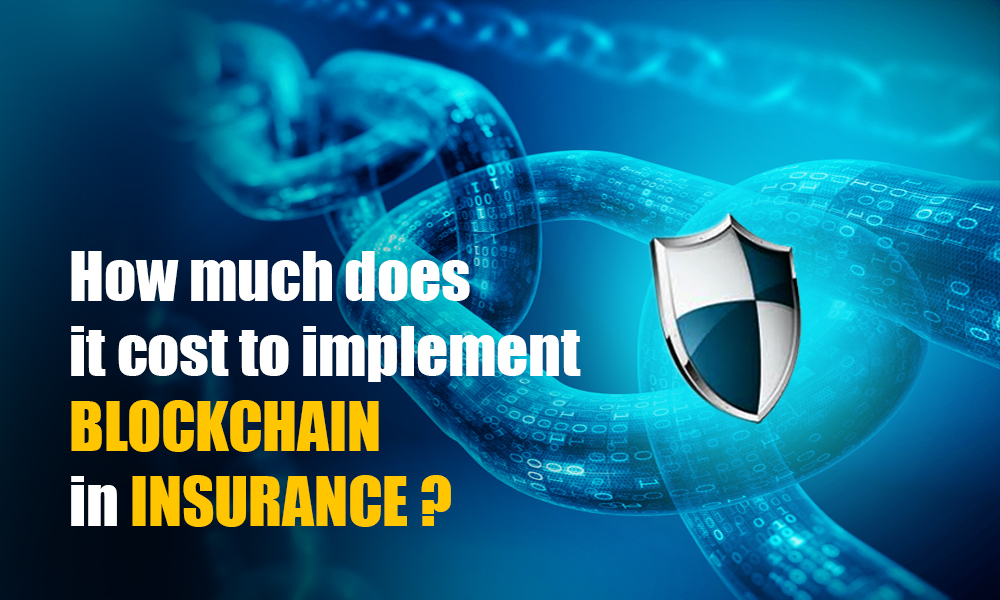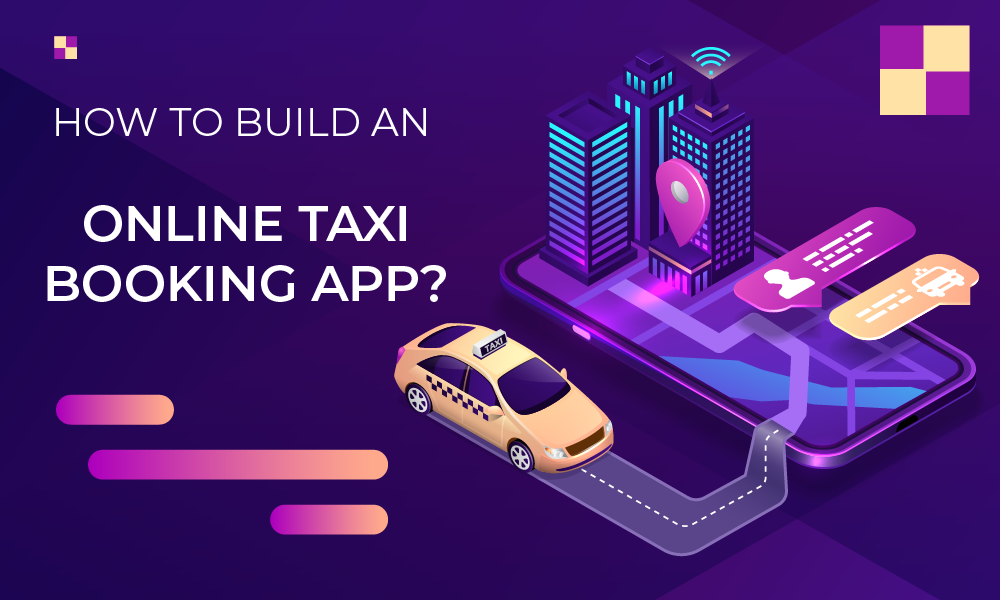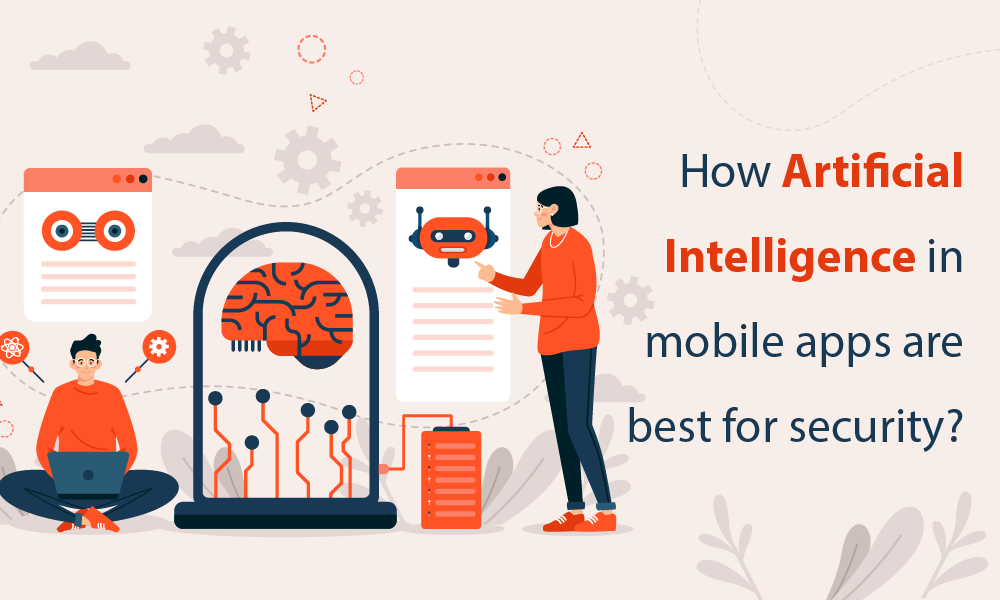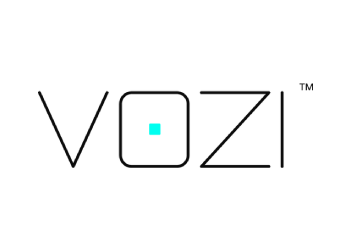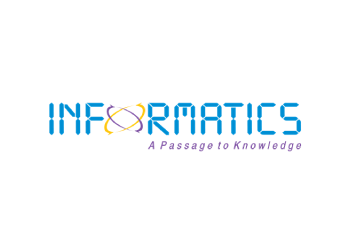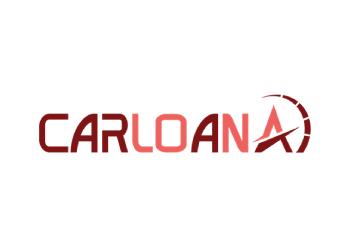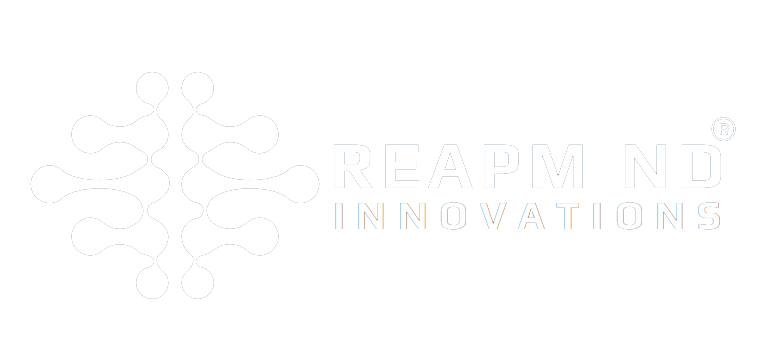Introduction:
The Internet of Things (IoT) isn’t just making homes smarter; it’s turning them into interactive partners in our daily lives.
Real estate’s dynamic landscape thrives on IoT, simplifying property management with vigilant security and energy optimization. This isn’t some far-off dream, it’s happening now! Companies globally are investing in this tech revolution, with the smart home market projected to hit $1.2 trillion by 2030, according to McKinsey & Company’s 2023 report.
As a leading digital transformation company, ReapMind is at the forefront, using cutting-edge tech to transform homes into not just smart spaces but ingenious ones.
In this blog, we’ll discover the transformative power of IoT in revolutionizing the real estate industry, reshaping homes into intelligent, interconnected spaces of tomorrow.
Understanding IoT in Real Estate:
Table of Contents
ToggleIoT, or the Internet of Things, isn’t just futuristic; it’s reshaping real estate today. The Internet of Things is a concept where everyday objects are connected to the internet, allowing them to send and receive data. This connectivity enables devices to communicate, share information, and be remotely controlled, leading to enhanced functionality and efficiency in various aspects of daily life.
McKinsey & Company’s 2023 report forecasts the global smart home market to reach a staggering $1.2 trillion by 2030, showcasing IoT’s pivotal role.
In real estate, the IoT transforms property management by optimizing energy use with smart thermostats and ensuring real-time security. The smart home ecosystem, a key part of IoT, includes devices like smart locks and cameras, providing unprecedented control for residents.
As real estate embraces IoT, the future promises an efficient and sustainable shift in property management norms.
IoT in Real Estate Investment Benefits:
The real estate landscape is evolving, and clever investors are capitalizing on the shift. Rather than focusing on conventional renovations, the future of profitable properties lies in harnessing the potential of the Internet of Things.
By integrating smart home technology, investors can realize a substantial increase in property value, with studies indicating up to a 20% rise in rental premiums. Imagine properties adorned with voice-controlled lighting, self-adjusting thermostats, and secure smart locks, attracting tech-savvy tenants willing to pay a premium for a connected living experience.
Moreover, smart homes offer efficiency gains, cutting lighting and heating costs by up to 20%, contributing to a more sustainable portfolio while generating tangible cost savings. Enhanced security features, including remote surveillance and automated access control, provide a competitive edge in a security-conscious market, attracting tenants willing to pay a premium.
Investing in IoT isn’t just about adding fancy features; it’s about making smart choices for a future-ready property portfolio. This means setting yourself up for better profits and lower costs. It’s a chance to change the game in real estate by using smart home technology. The future is all about being connected, and right now is the perfect time to make these investments.
Success stories of real estate investments with IoT integration:
- A New York investor transformed a vintage apartment building by integrating smart thermostats, voice-controlled lighting, and automated blinds. This tech-savvy oasis attracted young professionals, boosting rental premiums by 25% and securing long-term leases.
- An eco-conscious developer in Colorado equipped a sustainable community with smart irrigation systems, solar panels, and energy-efficient appliances. This focus on reducing the carbon footprint not only resonated with environmentally conscious tenants but also attracted lucrative tax breaks, increasing overall ROI.
- A property manager in Seattle implemented smart locks, security cameras, and real-time alerts in a multi-unit apartment building. This enhanced security system not only attracted families seeking a safe haven but also reduced insurance costs and minimized maintenance calls, resulting in significant operational savings.
Smart Homes Technology for Property Management:
For property managers, juggling maintenance schedules, tenant requests, and operational efficiency can feel like a constant tightrope walk. But here’s where smart homes come in! The fusion of smart homes and IoT has emerged as a transformative force, reshaping the landscape of property management.
- Proactive Maintenance:
IoT-driven systems bring proactive maintenance by leveraging sensors and connectivity to detect issues early, curbing costs, and enhancing property worth.
- Automation Empowerment:
Property managers benefit from automation, freeing up time to focus on strategic management by handling routine tasks seamlessly.
- Remote Monitoring and Control:
Remote access to property assets via IoT facilitates real-time adjustments and swift issue resolutions for optimal property performance.
- Enhanced Tenant Experience:
Smart home amenities like automated security and energy-efficient systems elevate tenant satisfaction, nurturing enduring tenant relationships and higher retention rates.
- Future Outlook:
These technologies redefine property management, amalgamating efficiency, innovation, and tenant-centric features to shape the future landscape of the real estate industry.
These innovations not only revolutionize property maintenance but also elevate standards, ensuring efficient operations and delighted tenants, making them pivotal in shaping the future of real estate management.
The Future of IoT in Real Estate Industry:
The revolution in smart homes is just the beginning. The future of IoT in real estate promises innovation beyond our wildest dreams, reshaping not just individual dwellings but entire ecosystems. Here’s a peek into what’s on the horizon:
Enhanced Operational Efficiency: Smart Homes, driven by IoT, redefine operational excellence in real estate. Automated tasks, from maintenance to tenant communication, free up time for strategic initiatives.
Cost savings through energy-efficient practices: IoT adoption in real estate delivers real cost savings via energy-efficient technology. Smart thermostats and responsive lighting significantly cut energy consumption. McKinsey & Company estimates smart homes can save property owners up to 20% on energy costs, offering a substantial financial advantage.
Improved Tenant Retention and Attraction: Smart Homes technology elevates living experiences, attracting and retaining tenants with features like personalized lighting and automated security. Surveys, like Zillow’s, reveal 88% of millennials are willing to pay more for a smart home, making it a strategic asset for high-quality, tech-savvy tenants.
Data-Driven Decision-Making for Property Management: The future of IoT in real estate lies in data-driven decisions. Smart home systems provide insights into tenant behavior, energy usage, and property patterns. Leveraging AI platforms, real estate professionals can optimize property management, making informed decisions on maintenance, resource allocation, and rental pricing for efficiency and profitability.
As the real estate sector evolves, the adoption of Smart Homes and IoT is not merely a technological advancement but a strategic initiative to unlock unparalleled business advantages and maintain a competitive edge in the market.
Business Benefits of IoT in Real Estate:
The era of smart homes isn’t just about futuristic gadgets and voice-activated appliances; it’s a revolution reshaping the very landscape of real estate. For businesses, embracing the power of IoT in real estate offers a treasure trove of benefits, turning your properties into revenue-generating powerhouses and transforming your operations into models of efficiency and sustainability.
The tenant experience is elevated through the IoT, where smart features and automated services lead to increased satisfaction and retention. Predictive maintenance, enabled by IoT, reduces downtime and extends equipment lifespan. Embracing IoT offers a competitive edge, attracting tenants and investors who value modern facilities. Remote monitoring ensures swift issue resolution for property owners managing multiple holdings.
The benefits of IoT in real estate are undeniable, and the future is bright for businesses that embrace this transformative technology.
Challenges and Solutions:
While the benefits of IoT in real estate are undeniable, the path to implementation isn’t always smooth. Here are some common challenges you might encounter:
- Cost and ROI:
Implementing IoT solutions requires upfront investment, and quantifying the return on investment can be tricky.
- Integration and Compatibility:
Ensuring seamless integration of different smart devices and systems across various property types can be a technological puzzle.
- Data Privacy and Security:
Protecting sensitive tenant data and ensuring the security of connected devices is paramount.
- Scalability and Maintenance:
Managing and maintaining a network of smart devices across multiple properties requires efficient strategies.
But these challenges have solutions:
- Partner with experienced IoT providers:
Companies like ReapMind bring expertise in integrating diverse systems and navigating technical complexities.
- Prioritize cybersecurity:
Utilize robust data encryption, secure network protocols, and regular system updates to keep your residents’ data safe.
- Conduct cost-benefit analysis:
Carefully assess potential ROI by calculating energy savings, increased occupancy rates, and improved operational efficiency.
- Invest in resident education:
Offer clear user manuals, tutorials, and responsive support to ensure residents feel comfortable and empowered by smart technology
Importance of Cybersecurity in Protecting IoT Devices in Real Estate:
In the age of interconnected homes, protecting your data and devices is no longer a luxury; it’s a necessity. Cybersecurity becomes the essential fortress safeguarding your smart real estate empire, and neglecting it can have crippling consequences:
1. Privacy Breaches: Hackers gaining access to smart home systems can expose sensitive tenant data, like security camera footage, personal details, and even health information. This can lead to serious privacy violations, legal ramifications, and reputational damage.
2. Operational Chaos: Imagine smart locks malfunctioning, lights flickering ominously, or HVAC systems hijacked to wreak havoc on energy bills. Cyberattacks can disrupt property operations, inconvenience residents, and cost you valuable time and resources to rectify.
3. Financial Setbacks: Ransomware attacks targeting smart home ecosystems can cripple your business, demanding hefty payments to regain control. Data breaches can trigger hefty fines and lawsuits, further eroding your bottom line.
Cybersecurity extends beyond IT; it’s a collective responsibility. By making data protection a priority and incorporating strong security protocols, you can unleash the complete potential of intelligent real estate. This ensures a safe, protected, and prosperous future for both your properties and your tenants.
Why is ReapMind Your Ideal Smart Real Estate Partner?
The landscape of IoT in real estate is evolving rapidly, with new trends emerging all the time. With the global smart home market projected to reach $236.8 billion by 2026, embracing this technology is no longer optional; it’s crucial for staying ahead of the curve. But navigating the ever-evolving world of IoT requires a reliable tech partner, one who understands the specific needs of the real estate industry and can guide you towards successful implementation. This is where ReapMind steps in!
We’re not just tech enthusiasts; we’re experts equipped with the cutting-edge AI and IoT expertise to turn your smart home vision into reality.
Why ReapMind?
- We stay ahead of the curve, constantly researching and integrating emerging IoT trends, ensuring your investments remain relevant and resilient.
- We go beyond gadgets by designing and implementing comprehensive smart home ecosystems that seamlessly integrate with your existing infrastructure and property management systems.
- Our AI-powered solutions analyze real-time data from your smart systems, providing actionable insights to optimize operations, maximize ROI, and enhance tenant satisfaction.
- We cater to any project size and requirement, tailoring solutions to your specific needs, budget, and property type.
The future of real estate is undoubtedly smart. Contact us today, and let’s co-create a smarter, more sustainable, and more profitable real estate future together.
Conclusion:
Wrapping Up!
We’ve explored the exciting world of IoT in real estate, delving into the infinite benefits it offers for businesses and investors alike. From optimizing energy efficiency and enhancing tenant comfort to streamlining property management and boosting ROI, the possibilities are endless.
But embracing this revolution requires the right partner, a company that understands the complexities of real estate and harnesses the power of technology to deliver tangible results. This is where ReapMind steps in as your trusted guide on the path to smart real estate.
With cutting-edge solutions tailored for the industry, ReapMind is transforming conventional homes into intelligent, responsive spaces. Our innovative approach is not just adding convenience but also increasing property values for homeowners and investors alike.
The future of real estate is smart, and ReapMind is your key to unlocking its potential. Contact us today, and let’s build a smarter, more sustainable future together.
FAQs:
1. How do Smart Homes using IoT impact energy efficiency?
A: IoT-enabled Smart Homes optimize energy usage through intelligent systems that control lighting, heating, and cooling based on occupancy and preferences, resulting in energy savings.
2. Can IoT in Real Estate enhance security measures for properties?
A: Absolutely. IoT devices like smart cameras, doorbell cameras, and sensors provide real-time monitoring, enhancing security and allowing remote access for homeowners.
3. What role does IoT play in creating a sustainable and eco-friendly real estate ecosystem?
A: IoT contributes to sustainability by optimizing resource usage, reducing energy waste, and promoting eco-friendly practices in construction and daily living.
4. How does IoT impact the resale value of a property?
A: Homes equipped with IoT technologies generally have higher resale values as they offer modern conveniences and energy-efficient features that appeal to prospective buyers.
5. Can IoT technology improve the overall property management process?
A: Absolutely. IoT streamlines property management by automating tasks such as rent collection, maintenance scheduling, and tenant communication, leading to increased efficiency.
